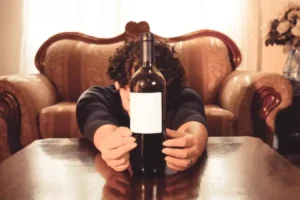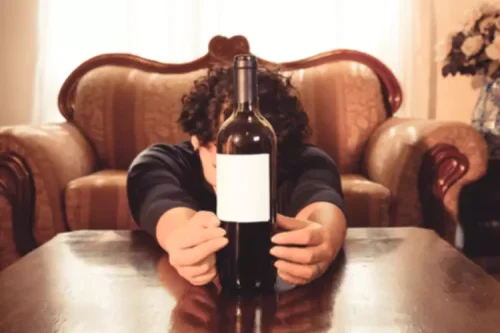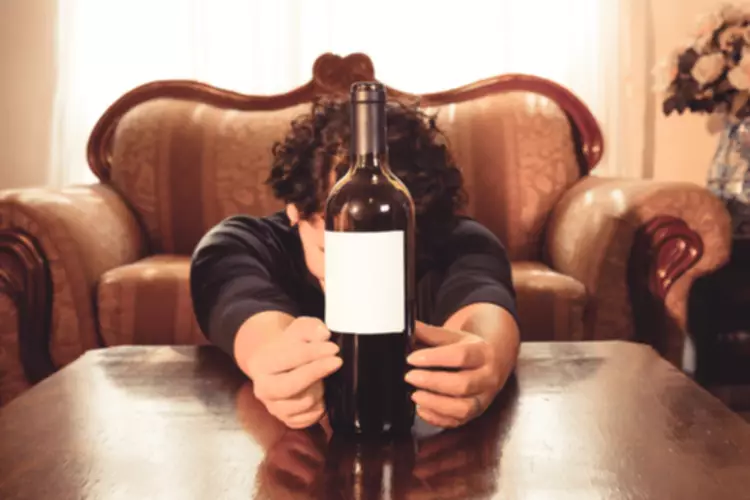
This is because having one drink can trigger your brain to crave more. When this happens, the cravings may become too strong for you to overcome with https://ecosoberhouse.com/ your coping methods. Even one drink can lead to a relapse for someone who has an alcohol use disorder.

Co-Occurring Disorder Treatment
- Drunkenness is sin, an evil to be repented of, something that cannot be defended or excused by anyone.
- Inpatient treatment typically includes individual counseling, group therapy, and wellness activities designed to build coping skills.
- But social drinking can lead to binge drinking or problem drinking, and eventually alcoholism if the drinking pattern isn’t monitored.Moreover, alcohol consumption affects people differently.
- These verses teach us that there is nothing from the outside that can make God’s people unclean, and that includes intoxicating beverages.
- For example, Molloy (2015) found that after controlling for targeting, only moderate advertising effects are seen, despite the strong correlations between alcohol advertising and drinking among youth.
Motivational Interviewing encourages self-motivation by helping individuals recognize the need for change. These therapies are often combined for the best results, offering personalized support. If you or a loved one is struggling with addiction, behavioral therapy can be a powerful tool in the recovery process, offering hope and guidance toward a healthier, addiction-free life. Moderate drinkers, regardless of the occasion, only consume alcoholic drinks moderately. Social drinkers, regardless of the amount of alcohol, only drink when they are with people. Although being a social drinker is accepted in society, it’s easy to slip into alcohol dependence over time.
Can someone with alcohol use disorder (AUD) become a social drinker?
However, alcoholism covers a spectrum and many people are “high-functioning alcoholics.” High-functioning alcoholics seem to have it all together on the outside. On the inside, however, they’re dealing with physical and emotional issues from binge drinking. A person who’s no longer just a social drinker may deny it, but friends or family members will notice the problem. Sometimes, they might even avoid inviting you or your loved one, fearing something bad might happen. These same friends or family members may express some concern and tell you or your loved one to stop drinking so much. While moderate alcohol consumption may offer some health benefits, these are outweighed by the benefits of a healthy diet and physical activity.
What Is Alcoholism?

The difficulty in diagnosing social drinking is that many people who could be considered alcoholics are likely in denial about the severity of their addiction. The transition from social into binge drinking can occur over a long period of time, and the individual is often unaware or unwilling to acknowledge this change. It is only when they are forced to make a change that the problem truly becomes apparent.

Health Risks and Negative Impacts of Social Drinking
A comprehensive approach to alcohol control, as suggested by research, includes implementing strategies like pricing and availability controls, clear leadership, and independent evaluation plans. These strategies are designed to guide government action towards effective alcohol-related harm reduction. The authors point to the many alcohol-related social attractions and potential harms as an example that may be repeated with other once-illicit substances like cannabis that are now gaining social amphetamine addiction treatment acceptance.


The idea that people with an alcohol use disorder have to hit rock bottom before they get help is a myth. Binge drinking clearly involves going over the daily recommended amount. However, how do you know if one or two extra drinks have led to this what is social drinking happening?
- Depending on the severity of your alcohol use, you may need a medical detox to begin the journey to recovery.
- Despite men typically consuming more alcohol than women, women experience a ‘risk-severity paradox’ where they suffer greater health consequences at lower levels of alcohol exposure.
- An alcoholic will experience intense cravings and will continue to drink despite the negative consequences.
- It’s not a sign of failure but rather an investment in leading a more fulfilling, alcohol-free life.
- Historically, the 18th Amendment, known as ‘Prohibition’, aimed to control alcohol consumption but ultimately was viewed as a failed social experiment.
